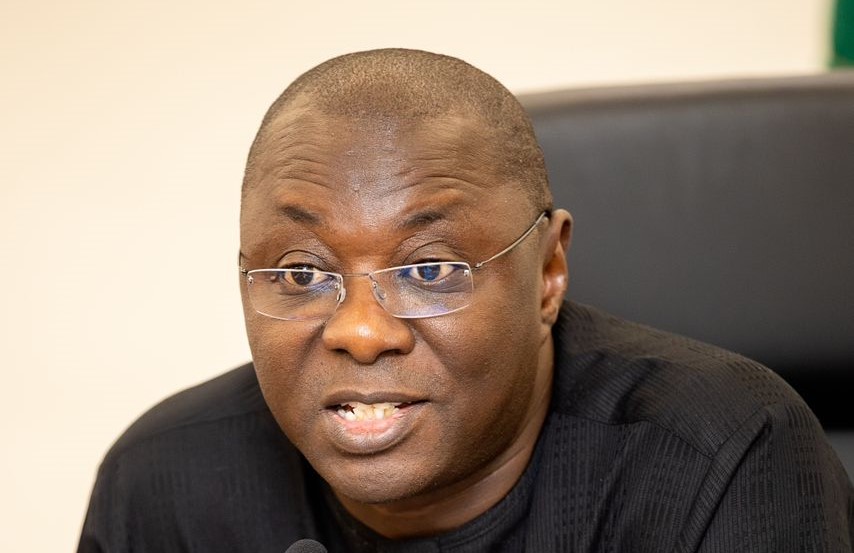by Francis Kobena Tandoh
The government of Ghana is committed to a sustainable, green, and inclusive economy, deputy minister for finance Alex Ampaabeng said Wednesday at the SDGs investment fair 2024 in the Ghanaian capital of Accra.
Speaking at the launch of phase one of the Ghana green finance taxonomy under the theme, “unlocking green growth: financing the future through sustainable investment,” Ambaabeng underscored the launch of the green taxonomy indicates where the government wants to drive investment into the economy.
According to him, the commitment of the government to promote a climate-resilient economy will further create job opportunities for the people.
“This green finance taxonomy communicates Ghana’s intention to have a sustainable and inclusive economy. It communicates where the country wishes to be in this whole green conversation. It clearly shows us where we want to direct our investment,” said the deputy finance minister.
He also observed that the launch of the program helps the West African country to align its financial system to the global financial system and called for joint efforts by the international community.
“Our commitment as a group, as a country, in promoting a sustainable climate-resilient and inclusive economy, I believe, is beyond just a policy, but it’s a call for action to collectively work together in promoting the very green that we want to see,” added the Ghanaian deputy finance minister.
The United Nations (UN) Resident Coordinator in Ghana, Charles Abaani, emphasized that the green economy is projected to create millions of new jobs globally, which will benefit an appreciable number of Africans, and stressed the importance of sustainable financing on climate-resilient projects.
“The economy is projected to create 24 million new jobs globally, many of which will benefit African countries, including Ghana, and sustainable financing is particularly critical given the 42 percent of the population depends on agriculture,” said the UN Resident Coordinator.
The Ghana green finance taxonomy is a pioneering framework designed to direct investments toward sustainable and environmentally friendly economic activities.
It establishes clear criteria for identifying what qualifies as a “green activity,” offering a guide for financial institutions, businesses, investors, and policymakers to support Ghana’s environmental, social, and economic transformation.
The taxonomy is crafted to facilitate a low-carbon transition and climate-resilient growth across multiple sectors in Ghana’s economy. It provides clarity and direction for financial institutions, investors, businesses, and project developers, as well as policymakers and regulators.
The Ghana green finance taxonomy is a crucial tool for aligning finance with environmental goals, accelerating green economic growth, and mobilizing sustainable financing, both domestic and international, through green bonds, sustainably linked loans, and climate finance mechanisms.
Ghana’s taxonomy is designed to be implemented in three phases to ensure that it is comprehensive, adaptable, and aligned with the country’s economic and environmental goals.
Phase one, which commences in October this year, establishes qualitative standards for identifying environmentally friendly projects and initiatives, while the second phase, which is set to begin in May next year, will bring quantitative benchmarks to further define sustainable activities within each sector.
The final phase, which commences at the end of May 2026, will involve a gradual roll-out to include other sectors such as oil and gas, sustainable mining, and heavy industry.
Among the benefits to be derived from the Ghana green finance taxonomy is proving a tool for investment decision-making and policy formulation, identifying green activities, and promoting access to green finance.
The launch of the Ghana green finance taxonomy is seen as a major step in advancing the country’s climate-resilient efforts and positioning the West African country as a leader in green finance on the continent.

